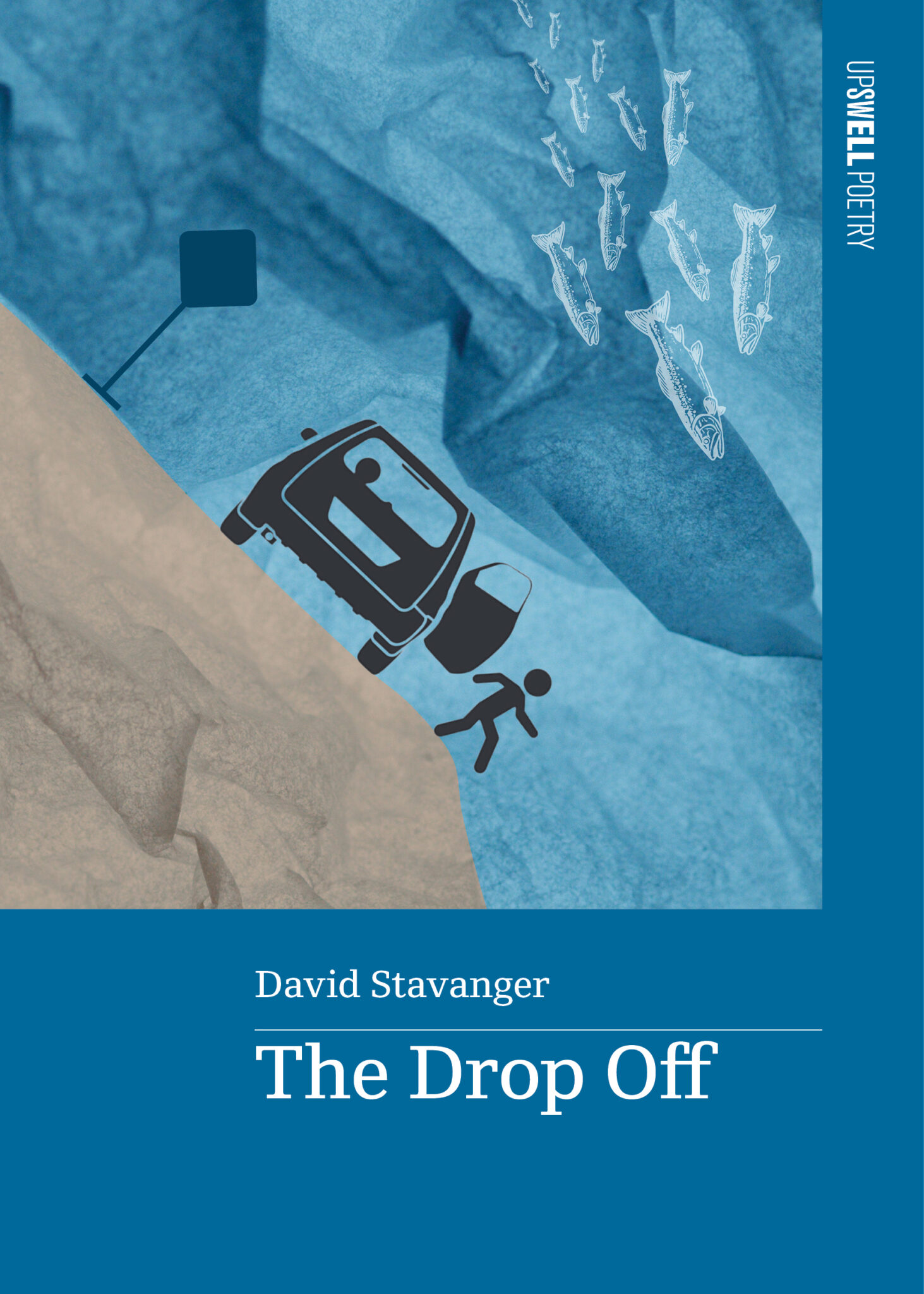 The Drop Off takes these notions of play, irreverence and art, and utilises the tools of poetry – redaction and silences, puns, the language of public discourse, rhythm and structure to lead the reader, almost by stealth, into sudden moments of intense vulnerability.
The Drop Off takes these notions of play, irreverence and art, and utilises the tools of poetry – redaction and silences, puns, the language of public discourse, rhythm and structure to lead the reader, almost by stealth, into sudden moments of intense vulnerability.
En Busca del Tiempo Perdido, a review of Indifferent Cities by Ángel García
 Indifferent Cities raises compelling questions about the nature of family, of generations, of how we may reach a point in our lives when, regardless of whether our parents are living or deceased, we become, psychically, parents to our own parents and perhaps also children to our own children. Indifferent Cities, in inspiring the reader to consider these paradoxes, is anything but indifferent. On the contrary, it is poignant.
Indifferent Cities raises compelling questions about the nature of family, of generations, of how we may reach a point in our lives when, regardless of whether our parents are living or deceased, we become, psychically, parents to our own parents and perhaps also children to our own children. Indifferent Cities, in inspiring the reader to consider these paradoxes, is anything but indifferent. On the contrary, it is poignant.
Confronting Trauma with Resilience: an Interview with Molly Johnsen
 Molly Johnsen talks about her debut poetry book, Everything Alive, her poetry journey, the devastating car accident that the book centres on, her use of dark humor, epilepsy, grief, trauma, parenting, love and lots more.
Molly Johnsen talks about her debut poetry book, Everything Alive, her poetry journey, the devastating car accident that the book centres on, her use of dark humor, epilepsy, grief, trauma, parenting, love and lots more.
A review of A Stranger Comes to Town by Lynne Sharon Schwartz
 Schartz’s prose dazzles as we accompany Joe on his sleuthing. Early in the novel, he considers people seen from his apartment window: “Lots of people looked respectable, but weren’t, and how did I know this? From childhood, somehow. And what did respectable mean anyway? For all I knew I’d spent time in prison.”
Schartz’s prose dazzles as we accompany Joe on his sleuthing. Early in the novel, he considers people seen from his apartment window: “Lots of people looked respectable, but weren’t, and how did I know this? From childhood, somehow. And what did respectable mean anyway? For all I knew I’d spent time in prison.”
A review of Outliving Michael by Steven Reigns
 There’s a great deal of nostalgia in Outliving Michael, of course, remembering a friend who died a quarter century ago, but Reigns is also remembering his own youth, with that same sweet nostalgia. Michael has gone shopping for jeans at the mall, the occasion for Reigns to make this observation about the immortality of youth.
There’s a great deal of nostalgia in Outliving Michael, of course, remembering a friend who died a quarter century ago, but Reigns is also remembering his own youth, with that same sweet nostalgia. Michael has gone shopping for jeans at the mall, the occasion for Reigns to make this observation about the immortality of youth.
Cavalier Perspective: Last Essays 1952-1966 by André Breton
 As we might expect, a wistful, retrospective tone runs through many of these pieces, sometimes subtly and under the surface, and sometimes quite explicitly. In one 1952 essay, “You Have the Floor, Young Seer of Things…”, Breton laments his inability to appreciate the new trends in postwar painting and contrasts that with the enthusiasm he felt in his youth for new art.
As we might expect, a wistful, retrospective tone runs through many of these pieces, sometimes subtly and under the surface, and sometimes quite explicitly. In one 1952 essay, “You Have the Floor, Young Seer of Things…”, Breton laments his inability to appreciate the new trends in postwar painting and contrasts that with the enthusiasm he felt in his youth for new art.
A review of Daphne by Kristen Case, Blood Feather by Karla Kelsey, and Phantom Number: An Abecedarium for April by Spring Ulmer,
 Each of the texts also explores the interrogation and violence of language. In Daphne, language is presented as violent, erotic, and philosophical. The text plays with and warps definitions (this is especially evident in the analysis of the words “ravish” and “tonic”) to reveal embedded power structures within the way we use language.
Each of the texts also explores the interrogation and violence of language. In Daphne, language is presented as violent, erotic, and philosophical. The text plays with and warps definitions (this is especially evident in the analysis of the words “ravish” and “tonic”) to reveal embedded power structures within the way we use language.
A review of The Peach King by Inga Simpson
 Inga Simpson writes books for all ages, and I’ve loved many of her books for adults, but her new book, The Peach Tree, is one of those picture books will become a classic and be read and re-read, kept and handed down.
Inga Simpson writes books for all ages, and I’ve loved many of her books for adults, but her new book, The Peach Tree, is one of those picture books will become a classic and be read and re-read, kept and handed down.
A review of What Matters in Jane Austen? by John Mullan
 For me, the book resonates on a deeply personal level. Having studied Austen in graduate school, I’ve long been fascinated by the quiet radicalism beneath her polished surface. While she never staged open rebellion against Regency norms, her fiction hums with a subtle critique of its social constraints—expressed through irony, narrative silence, and the moral gravity of her heroines’ choices. Mullan illuminates this with expert precision, showing how Austen’s critical eye is woven into every level of her storytelling.
For me, the book resonates on a deeply personal level. Having studied Austen in graduate school, I’ve long been fascinated by the quiet radicalism beneath her polished surface. While she never staged open rebellion against Regency norms, her fiction hums with a subtle critique of its social constraints—expressed through irony, narrative silence, and the moral gravity of her heroines’ choices. Mullan illuminates this with expert precision, showing how Austen’s critical eye is woven into every level of her storytelling.
A review of It Wasn’t Easy to Reach You by Daniel Meltz
 In all, Daniel Meltz accomplished what he set out to do with his collection of poems: to love, be kind, forgive, keep growing, even as an adult, and to have a dry sense of humor no matter how many times life knocks you down. I applaud him on his sincere frankness, and his book is a testament to his life.
In all, Daniel Meltz accomplished what he set out to do with his collection of poems: to love, be kind, forgive, keep growing, even as an adult, and to have a dry sense of humor no matter how many times life knocks you down. I applaud him on his sincere frankness, and his book is a testament to his life.